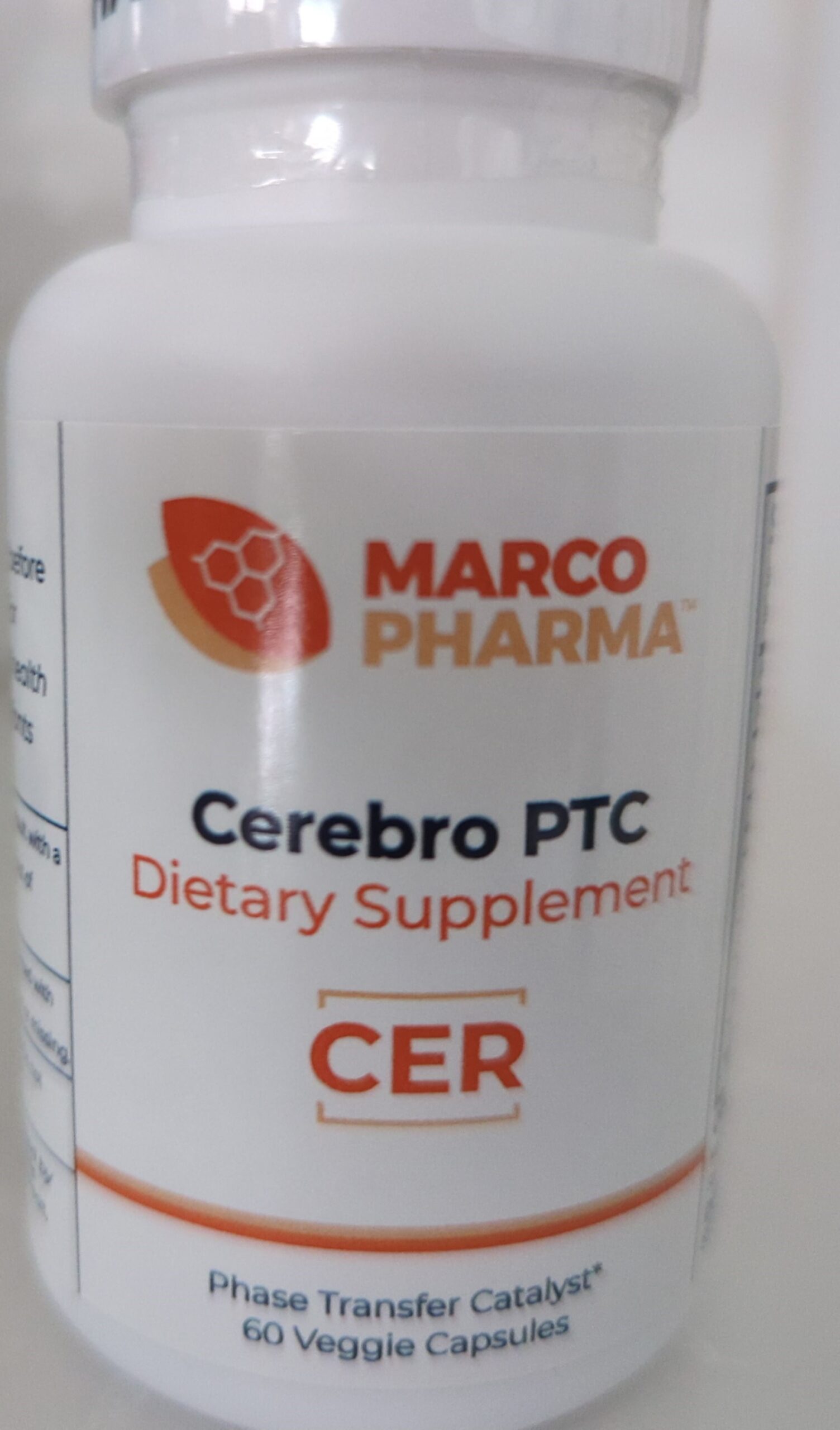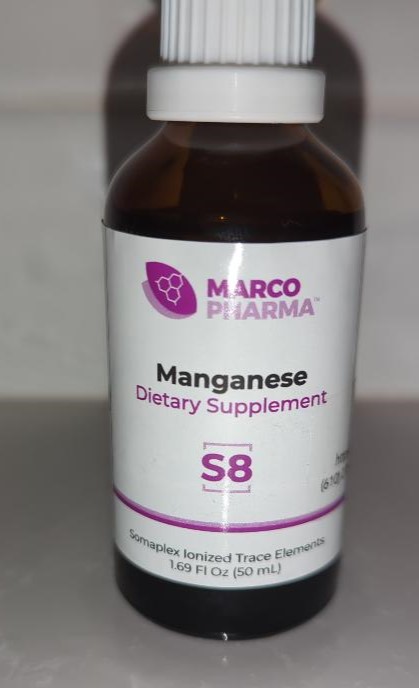Phosphatidylserine formerly Iso-Phos 60 caps SF715
Phosphatidylserine formerly Iso-Phos Details
Phosphatidylserine (PS) is essential for healthy brain cell membranes and to maintain an environment required for optimal brain function.* Phosphatidylserine improves cell-to-cell communication in the brain, and thus cognitive function, at least in part by increasing cell membrane fluidity.* Other mechanisms of action include enhancing cell metabolism (such as glucose utilization) and neurotransmitter formation.* Phosphatidylserine also appears to have antioxidant activity, which would protect brain cells from free radicals.* Abundant clinical research has shown this nutrient is important in promoting optimal cognitive function, particularly in the aging brain.*
Studies show supplementing with phosphatidylserine can lower cortisol spikes in response to stress.* PS modulates cortisol by blunting the release of the hormone in the brain (ACTH) that normally signals the adrenal glands to secrete cortisol.*
Phosphatidylserine formerly Iso-Phos Warnings
ALLERGY WARNING
This product is contraindicated in an individual with a history of hypersensitivity to any of its ingredients.
Iso-phos contains an ingredient derived from soy. Iso-Phos contains no soy protein. There are no other soy-based ingredients in Iso-Phos.
PREGNANCY
If pregnant, consult your health professional before using this product.
INTERACTIONS
There are no known adverse interactions or contraindications at publication date.
Key Ingredients
Ingredient Amounts
| Name | Amount |
|---|---|
| Phosphatidylserine | 100mg |
| Other Ingredients: Hypromellose Capsule, Leucine, Microcrystalline Cellulose, Silicon Dioxide |
Thorne Verified
How to Use
Take 1 capsule two to three times daily or as recommended by your health professional.
Can phosphatidylserine improve memory and cognitive function in people with Alzheimer’s disease?
Answer From Jonathan Graff-Radford, M.D.
Phosphatidylserine (fos-fuh-tie-dul-SER-een) is a dietary supplement that has received some interest as a potential treatment for Alzheimer’s disease and other memory problems. Several studies with phosphatidylserine indicate improved cognitive abilities and behaviors. However, improvements lasted only a few months and were seen in people with the least severe symptoms.
Initially, phosphatidylserine supplements were derived from the brain cells of cows. But because of concerns about mad cow disease, most manufacturers now produce the supplements from soy or cabbage derivatives. Preliminary studies have shown that plant-based phosphatidylserine supplements may also offer benefits, but more research is needed. However, no modern studies have continued to focus on phosphatidylserine, suggesting its limited effect.
Keep in mind that the Food and Drug Administration doesn’t require manufacturers to provide evidence of the potential risks and benefits of phosphatidylserine — or of any supplement. Consult your doctor before starting any dietary supplement.
With
Jonathan Graff-Radford, M.D.
Contact us for a Functional Medicine consultation.







